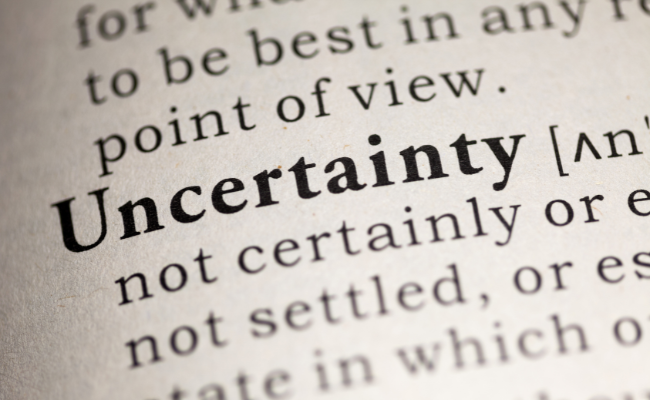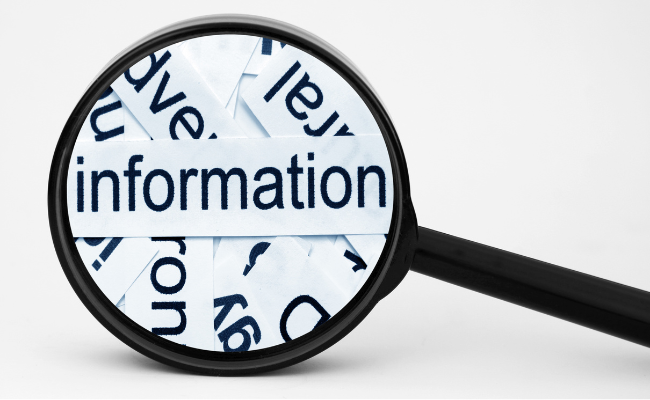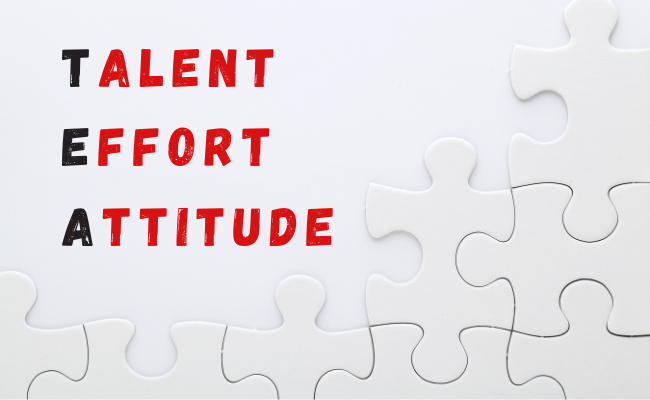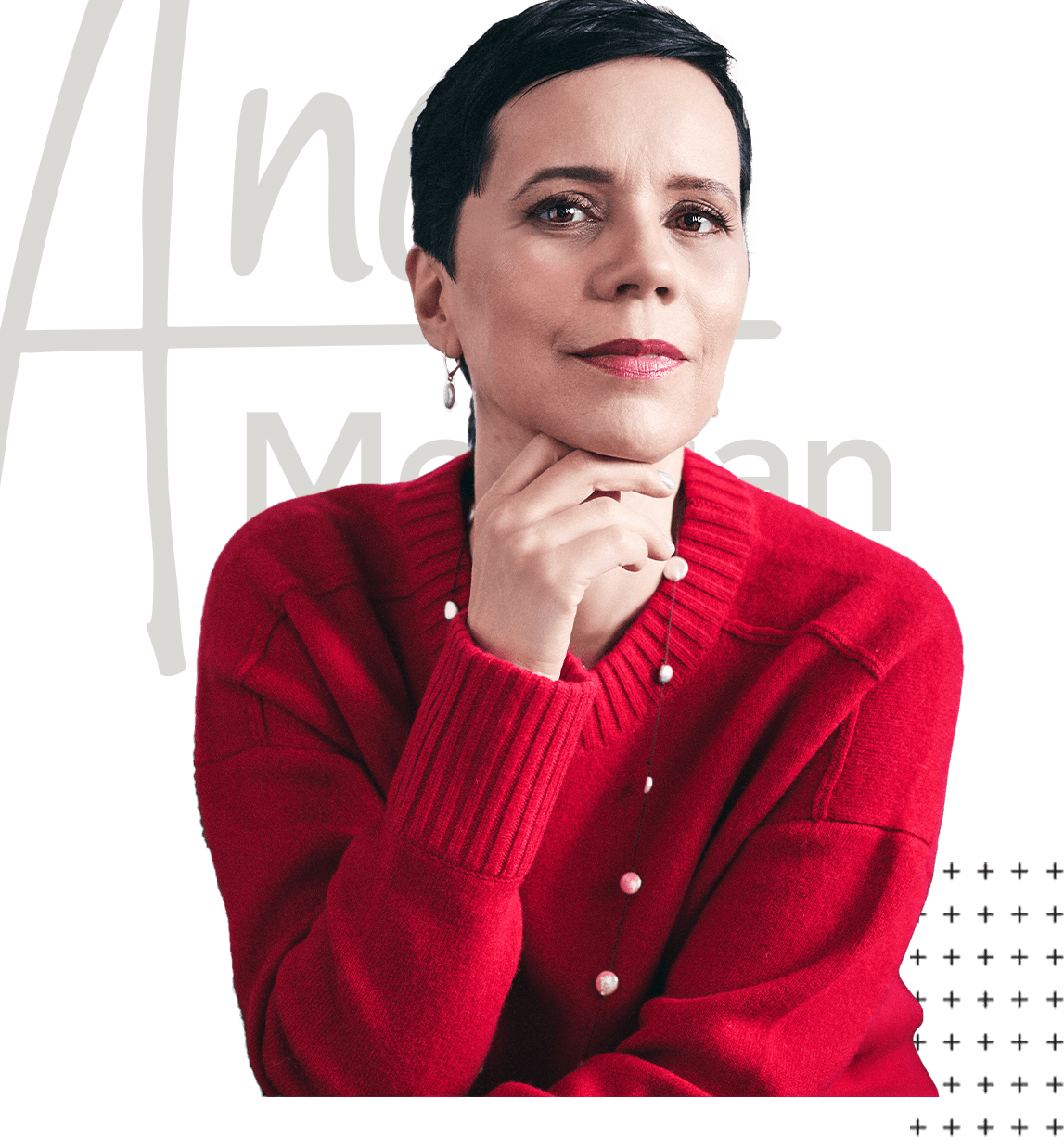Embracing Uncertainty with Jennifer J. Fondrevay
“You need to be smart about where you're putting your energy.”
– Jennifer J. Fondrevay
I had the pleasure of speaking with Jennifer J. Fondrevay, the Founder of Day1 Ready™, a consultancy that advises forward-thinking business leaders, owners, and C-Suite executives on how to prepare for the human capital challenges of M&A (Mergers and acquisitions).
We discuss:
- The role of control in embracing uncertainty
- The importance of data and information
- The power of the TEA Framework
The role of control in embracing uncertainty

People crave certainty—that’s not a new revelation. We want to know that things will work out and we’ll make it to the other side. We look for certainty in relationships, career endeavors, and anywhere else there may be risk.
“If I just knew for certain that this is the right choice, I could be confident,” we think to ourselves, “If I simply work hard enough, I can gain clarity and certainty around what to do next.”
But the truth is we don’t know. Not really. No matter how much we strive for those concrete certainties, we never truly know what’s coming for sure until it’s here.
“For me, to embrace uncertainty, I had to focus on what I could control,” Jennifer says. “I learned that initially in my M&A work because, frankly, you have so many things coming at you in any business transformation, you always have waves of uncertainty coming at you, and you can get bogged down and overwhelmed by things that are out of your control and influence.”
That’s why one of the core exercises Jennifer has individuals and companies do is to focus on what they can control. She identified those controllables as talent, effort, and attitude—also known as the TEA framework (more on that shortly.)
The importance of data and information

Though certainty is an unlikely state in the business world—and life in general—that doesn’t mean gathering information is wrong. It makes sense to have the data and insights we need to make an informed decision.
However, the key is making the decision and not staying in that place of deliberation, debilitated by uncertainty, waiting for striking clarity.
The other part of making informed decisions, specifically through the lens of business transformation, is helping affected parties navigate any uncertainty they may have regarding the changes.
“The data is critical, but it can't be isolated to the people factor of your business. And that in particular, in business transformation, you can't lose sight of that,” Jennifer says. “The data has to be complemented by ‘How are people going to react to this?’ Because we're going to bring a lot of uncertainty to their world,”
Embracing uncertainty isn’t meant to result in throwing things against a wall and hoping they stick, but rather, using the information we have to make the best decision we can and navigating the results from there, despite the unknowns.
The power of the TEA Framework

As we touched on previously, the TEA Framework focuses on the things we can control—Our:
- Talent
- Effort
- Attitude
Let’s unpack what that could look like.
Talent
If you’re not sure what your talents are, reflect on your career and family life—what do colleagues repeatedly ask for your insight on? What do your family members come to you for?
We all have unique talents and abilities that aren’t always immediately recognizable to us. Don’t be afraid to ask your loved ones and close teammates what they think of when considering your capabilities and what you do best. This should also be something you love doing.
Effort
Make a list of all the tasks you're putting effort into—whether that’s physical effort or mental effort—and cross out all the ones that are not in your control.
By funneling our energy into uncontrollables, we deplete ourselves for next to no payoff. Our energy is better spent on the tasks at our fingertips, and not abstracted across departments and cities and other people’s thoughts.
“You can waste a lot of time on things that aren't directly in your control, but you may be able to influence. But they suck up your energy,” Jennifer says. “You need help prioritizing that list. That was a big part of my journey, realizing how much energy was being drained from me on things that were out of my control and that I couldn't influence.”
You control where you apply your effort and how much effort you give to which tasks. Aim to prioritize accordingly.
Attitude
We are all responsible for our attitudes and how we express them. Before letting ourselves unleash frustration or anger or what have you, we must ask ourselves where those emotions are coming from.
Is this anger from this exact moment, or is it simply triggering something inside us from an old wound or belief?
Further self-awareness breeds further understanding, which helps us control our attitudes and restore agency around the situation.
“Having a positive attitude doesn't mean you have to hug the person, having a positive attitude doesn't mean you're excited and happy,” Jennifer says. “It just keeps you from falling off the cliff into that negative attitude space to address the moment.”
The TEA Framework helps center us back on what we can control and move forward without fear of uncertainty.
How have you dealt with uncertainty? Is there something you want to change about your approach?
Be sure to check out Jennifer’s full episode for further insight into the TEA Framework and learn more at JenniferJFondrevay.com!








